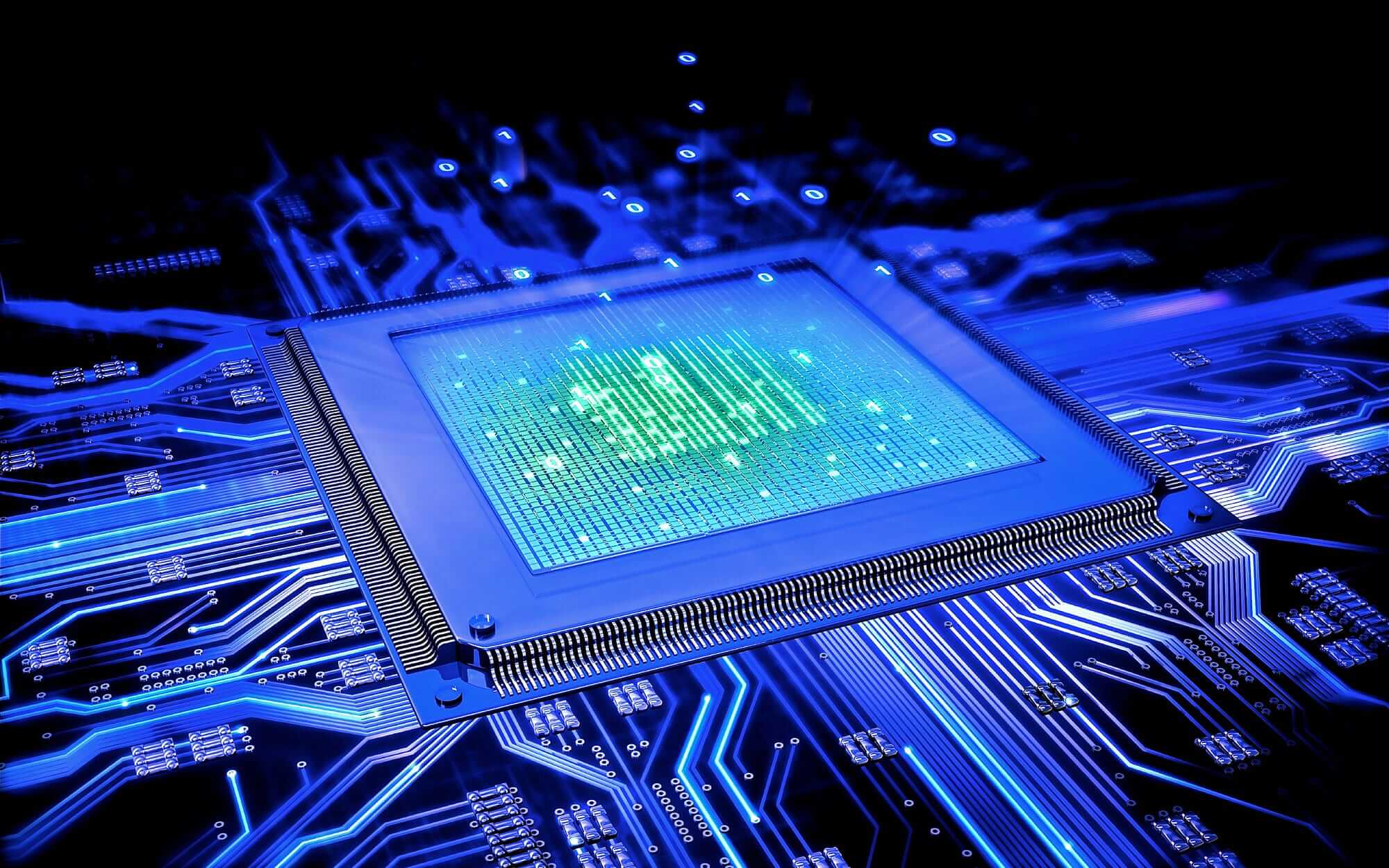- 24 Tech Roqad st Ny 10023
- editech@mail.com
A Diploma in Advanced Computer Architecture is a specialized program designed for individuals interested in gaining a deeper understanding of the inner workings of modern computing systems. The curriculum typically covers topics such as processor design, memory hierarchies, parallel processing, and advanced instruction set architectures (ISAs). Students learn about the theoretical and practical aspects of computer architecture, exploring how different components like CPUs, GPUs, and memory subsystems interact to optimize system performance. The program also delves into cutting-edge technologies like multi-core processors, cloud computing infrastructures, and the use of specialized hardware accelerators for tasks such as artificial intelligence (AI) and data analytics.
In addition to core architecture principles, this diploma emphasizes performance optimization, energy efficiency, and scalability—key concerns in the design of modern computing systems. Students explore techniques such as pipelining, out-of-order execution, cache coherence, and parallelism to improve processing speed and resource utilization. They also study real-world challenges in computer architecture, such as heat dissipation, power consumption, and security vulnerabilities, gaining insights into how these factors influence the design and operation of high-performance computing systems. Lab sessions, simulations, and hands-on projects allow students to apply theoretical concepts, often involving the design and testing of their own computing architectures.
Graduates of the Diploma in Advanced Computer Architecture are well-prepared to work in fields such as hardware design, systems engineering, and performance optimization. They can pursue roles in industries like semiconductor manufacturing, embedded systems, telecommunications, and cloud computing. This program also provides a solid foundation for those interested in research or further academic pursuits in computer science and engineering. By acquiring a deep understanding of how computer systems are architected and optimized, graduates are equipped to contribute to innovations in next-generation computing technologies, from supercomputing to Internet of Things (IoT) devices.

